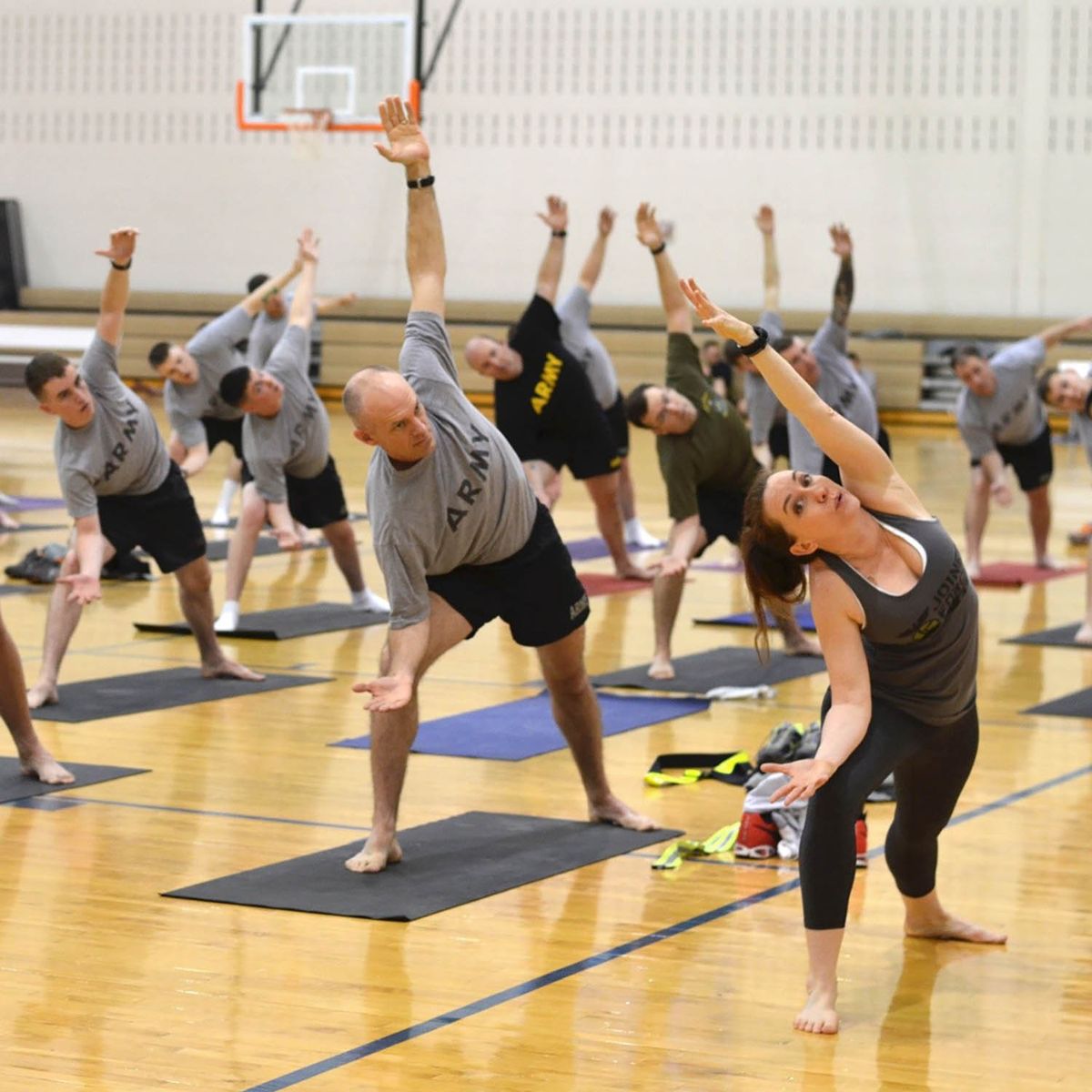Complementary Health Practices for U.S. Military, Veterans, and Families

Many military personnel and veterans experience chronic pain, a condition that can be debilitating and is often difficult to treat. Post-traumatic stress, traumatic brain injury, depression, and substance use are other conditions that tend to co-occur in these same service members and are also challenging to treat. Opioid medications are often prescribed for chronic pain conditions, but use and misuse of opioids resulting in hospitalizations and death has been on the rise. A study published in the journal JAMA Internal Medicine examined the prevalence of chronic pain and opioid use among U.S. soldiers following deployment. The researchers found that of the more than 2,500 participants surveyed, 44 percent had chronic pain and 15 percent regularly used opioids—rates much higher than the general population.
Many military, veterans, and their families turn to complementary and integrative health approaches such as mindfulness meditation and other practices in an effort to enhance the options for the management of pain and associated problems. This page provides resources and information on health conditions of special concern to military, veterans, and their families and the complementary and integrative health practices being studied for this population.
Watch our National Pain Awareness Month video series: